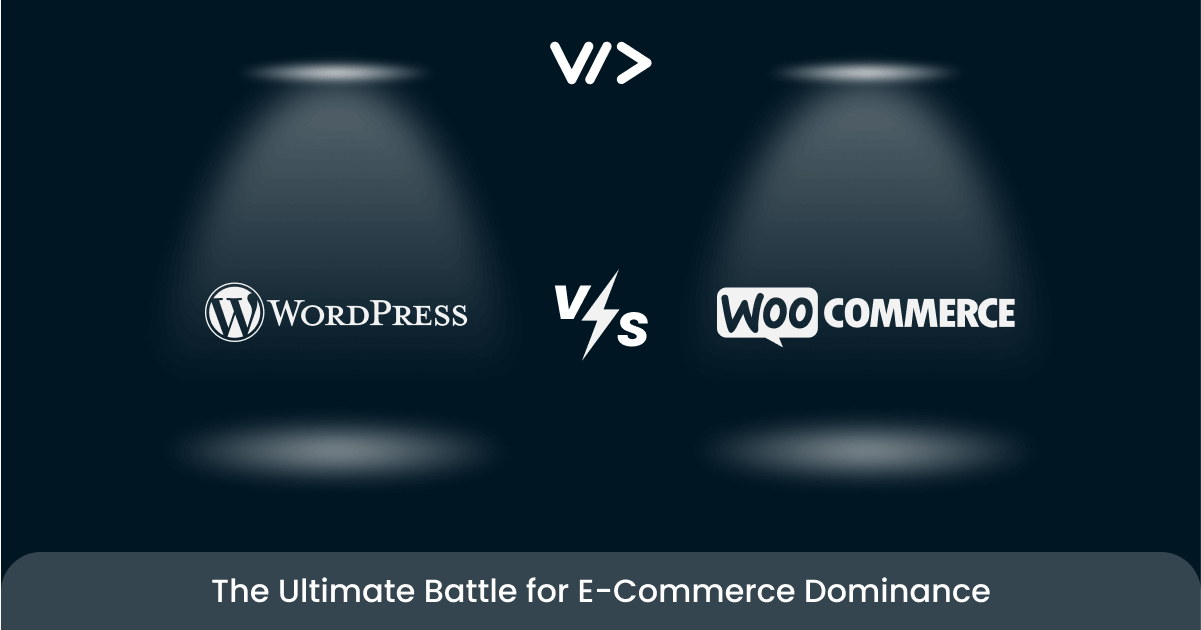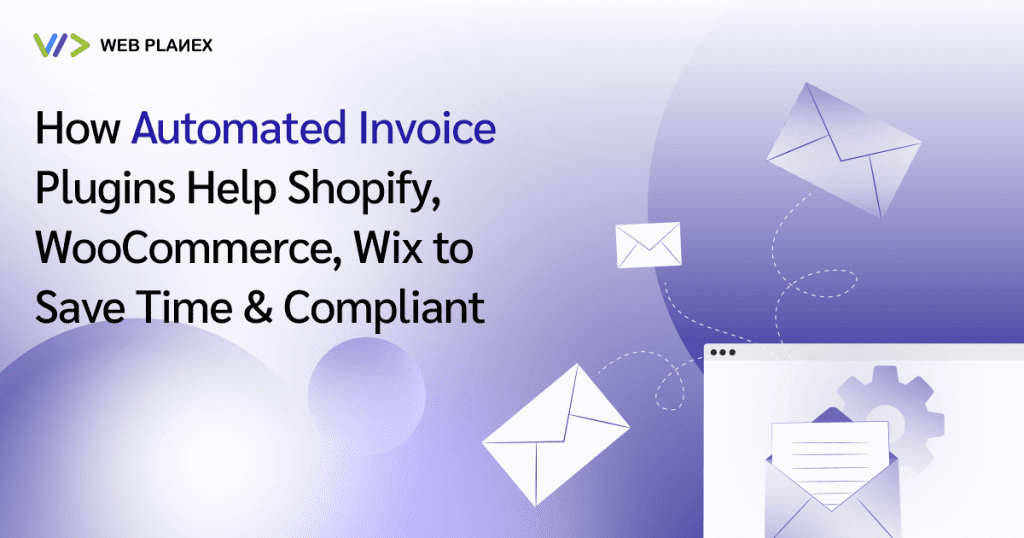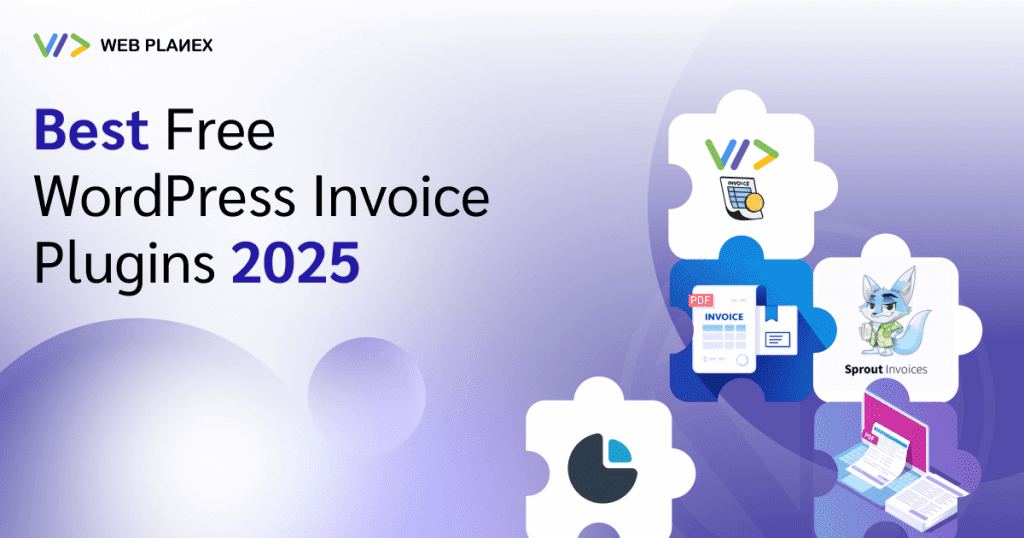
1. Introduction
In the digital age, creating an online presence is crucial for businesses, and selecting the right platform to build an e-commerce site can be a monumental decision. Two giants in this realm are WordPress and WooCommerce. Both offer powerful tools for website creation, but they serve slightly different purposes. This comparative guide dives into the features, usability, and benefits of WordPress and WooCommerce to help you make an informed decision for your e-commerce needs.
2. Understanding WordPress
What is WordPress?
WordPress is a content management system (CMS) that powers over 40% of all websites on the internet. It’s known for its flexibility, ease of use, and vast library of themes and plugins, which allow for extensive customization.
Advantages of using WordPress for websites
WordPress boasts an intuitive interface, making it accessible to users of all skill levels. Moreover, its scalability means your site can grow as your business does. Plus, the platform is SEO-friendly, which is essential for any online business.
3. Diving Into WooCommerce
What is WooCommerce?
WooCommerce is a customizable, open-source e-commerce plugin designed specifically for WordPress. It adds e-commerce functionality to your site, transforming it into a fully operational online store.
How WooCommerce integrates with WordPress
Installation is a breeze. Once you’ve got WordPress up and running, adding WooCommerce is as straightforward as installing any other WordPress plugin, keeping the process simple and efficient.
4. Ease of Use
WordPress user experience
With WordPress, users can manage their content through a simple, graphic interface. It doesn’t require coding knowledge, making website maintenance attainable for everyone.
WooCommerce as an extension: Is it user-friendly?
Similar to WordPress, WooCommerce presents an easy-to-navigate dashboard. Adding products, setting up payment methods, and managing orders can be done with minimal technical know-how.
5. Customizability
WordPress themes and plugins
The platform’s vast library allows for the creation of unique websites. Whether you’re looking for an e-commerce theme or need a specific functionality, there’s almost certainly a plugin for that.
Customizing your store with WooCommerce
WooCommerce inherits WordPress’s customizability, with additional plugins and themes specific to e-commerce needs. This means you can tailor your shop to match your brand perfectly.
6. Scalability
Growing with WordPress
As your content needs expand, WordPress scales with you, accommodating everything from a single landing page to a multi-sectioned, interactive site.
Scaling your e-commerce store with WooCommerce
WooCommerce is built to handle stores of all sizes, from a boutique shop to a large online mall. It manages product listings, variations, and customer transactions effortlessly.
7. Security Concerns
WordPress security features
WordPress takes security seriously, with regular updates to safeguard against vulnerabilities. Moreover, numerous security plugins are available to reinforce your website’s defenses.
Keeping your WooCommerce store secure
Securing an e-commerce platform is paramount. WooCommerce benefits from WordPress’s security measures but also recommends best practices like secure payments and SSL certification to protect consumer data.
8. SEO Capabilities
WordPress and SEO
WordPress itself is designed to be SEO-friendly, and further customization for SEO is achievable through plugins. This makes optimizing your content for search engines straightforward.
Enhancing SEO on WooCommerce
WooCommerce, too, benefits from WordPress’s SEO advantages, with additional features for product optimization making it easier for customers to find your items via search engines.
9. Support and Community
WordPress support networks
With its vast user base, WordPress has a supportive community. Whether it’s through forums, blogs, or social media, finding help or advice is usually just a few clicks away.
WooCommerce community resources
Being part of the WordPress ecosystem, WooCommerce also enjoys strong community support. Various forums, guides, and how-tos are readily available for troubleshooting or improving your online store.
10. Cost Implications
Breaking down the cost of WordPress
WordPress itself is free, but associated costs can include hosting, themes, and plugins. These can vary widely depending on your site’s complexity and traffic.
Understanding the expenses associated with WooCommerce
Similarly, WooCommerce is free to use, but certain extensions, themes, and payment processing may incur costs. However, it allows for budget flexibility based on your specific e-commerce needs.
11. WooCommerce exclusive features
E-commerce functionalities like shopping carts, checkout processes, and inventory management are inherent to WooCommerce, setting it apart as a specialized tool for online sales.
12. WordPress exclusive features
Beyond e-commerce, WordPress offers broader functionalities suitable for any type of website – from blogs and portfolios to corporate pages, enhancing its versatility.
13. The Decision-Making Process
When deciding between WordPress and WooCommerce, consider your project’s scope. If your primary goal is e-commerce, WooCommerce provides tools tailored for online selling. For a more generalized site with the option of selling, starting with WordPress might be your best bet.
14. Case Studies
Success stories using WordPress
Numerous blogs and corporate websites have flourished on WordPress due to its flexibility and ease of use, demonstrating its capability to support diverse content needs.
E-commerce successes with WooCommerce
Many online stores have seen remarkable growth with WooCommerce, thanks to its comprehensive e-commerce tools and integration with WordPress, showcasing its strength in online retail.
Conclusion:
Both WordPress and WooCommerce offer powerful platforms for creating an online presence. Your choice depends on your specific needs: WordPress serves a wider range of website types, while WooCommerce specializes in e-commerce empowerment. By understanding each platform’s strengths, you can make an informed decision that aligns with your business goals.
FAQs
1. Can I use WooCommerce without WordPress?
No, WooCommerce is a plugin designed exclusively for WordPress.
2. Is WordPress or WooCommerce better for SEO?
Both are SEO-friendly, but WordPress offers broader SEO plugins, while WooCommerce focuses on e-commerce optimization.
3. What are the main differences between WordPress and WooCommerce?
WordPress is a comprehensive CMS platform, whereas WooCommerce is an e-commerce plugin that integrates with WordPress to add online store functionalities.
4. Can I switch from WordPress to WooCommerce, or vice versa?
You can add WooCommerce to a WordPress site anytime, but if you’re only using WooCommerce functionalities, switching “back” would mean removing e-commerce features.
5. Are there any hidden costs with WordPress or WooCommerce?
While both platforms are free to use, additional costs may arise from hosting, themes, plugins, and extensions necessary for your specific needs.




